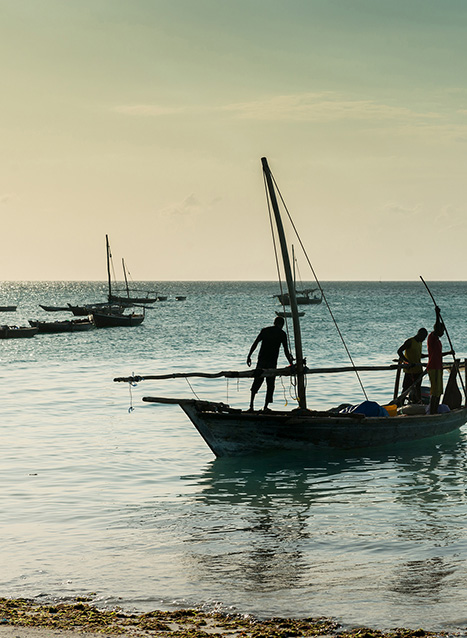Evacuations from High-Risk Locations Call +44 (0)1202 308810 or Contact Us →

Somalia Elects a New President – Security Advice for Travel to Somalia
17 Feb 2017
On 08 February 2017, Somali MPs and Senators elected the new President of Somalia, Mohamed Abdullahi Mohamed.Former President Hassan Sheikh Mohamud conceded the election.Security measures were heightened during the vote due to the security threat posed by Al Shabaab.
Key Points
- On 08 February 2017, Somali MPs and Senators elected the new President of Somalia, Mohamed Abdullahi Mohamed.
- Former President Hassan Sheikh Mohamud conceded the election.
- Security measures were heightened during the vote due to the security threat posed by Al Shabaab.
Situation Summary
Political: After multiple delays, and widespread allegations of corruption, Somali MPs and Senators were able to finally elect former Prime Minister Mohamed Abdullahi Mohamed as President. Nicknamed “Farmaajo” after his love of Italian cheese, he is seen as a proud nationalist despite having dual citizenship in the United States. A number of factors hindered the Somali elections which were conducted over an estimated period of six months. In the broadest elections held in Somalia for decades, an electorate of 14,000 elders were identified as being eligible to vote. The electorate voted for their provincial MPs and Senators, who were then tasked with nominating the president. In the final round of voting, 184 votes were cast in favour of Farmaajo against the outgoing President’s 97 votes, who proceeded to capitulate the election. Voting was conducted in an aircraft hangar in the secure airport compound in Mogadishu. It was moved here from the Police Academy, where prior elections were hosted, due to security fears of an attack by Al Shabaab. A no-fly zone was demarcated as votes were cast as a heightened security measure. The final result was met with widespread approval and led to large celebratory crowds in the capital city. Celebrating soldiers were reported to fire weapons in the air indiscriminately in a show of support for the new President.
Solace Global Security Comment
Despite popular support for President Farmaajo, the Somali elections were a lengthy and complicated process. Two significant factors contributed to the consistent delays in the voting process. Firstly, the constant threat of Al Shabaab attacks, which have escalated in recent months, targeted politicians and security forces alike with the aim of destabilizing the environment and demoralizing the positive initiative of holding a successful election. Several mortars exploded in Mogadishu the day before the final vote, however there were no casualties reported. Secondly, widespread allegations of corruption lead to instances of party and provincial infighting. Foreign donors, such as neighbouring Ethiopia and Kenya, as well as further afield countries of Turkey and the UAE, were accused of interfering in the electoral process by financially supporting their preferred candidates. The only female presidential candidate removed herself from the race claiming corruption had distorted the fairness of the election process. As the elections have come to an end, the prevalence of high-level corruption may decline, however corruption occurring in lower levels of society will certainly remain a constant.
Former President Hassan Sheikh Mohamud’s re-election bid was a failure partly due to his close relationship with Ethiopia. Foreign donors were also concerned his re-election would not rejuvenate the political system but hinder Somalia’s efforts to develop democratically. On the other hand, there are also concerns that President Farmaajo’s stricter nationalism may increase tensions or antagonize Kenya and Ethiopia. There have also been criticisms over whether the new president is experienced enough. His tenure as prime minister was brief (2010-2011), before he moved to the United States where he worked as a state transportation department official. President Farmaajo will be expected to appoint a Prime Minister, who is required to be from a different clan, ensuring political power is shared and there is equal representation in state institutions.
SECURITY ADVICE
PoliticalHighThe electoral conclusion will improve political stability in the short to medium term. Although President Mohamed Abdullahi Mohamed was elected by parliamentarians, he maintains widespread support. Somaliaâs political institutions are young and limited, it remains uncertain how the government will transition to the new leadership. In addition, this election has done little to hinder Al Shabaab or limit the threat they pose to political stability. The group continues to promote the full adoption of Sharia Law and for Somalia to be governed accordingly. As a result, suicide terror attacks and strategic assaults on African Union military bases and politicians are likely to continue in 2017. Hotels in Mogadishu are also frequently targeted for hosting politicians, security forces and foreign targets.
Solace Global Risk Management advises travel to Somalia should only be undertaken under heightened security measures. This includes the use of armed close protection services, 24 hour monitoring as well as planned journey movements. Caution is advised when visiting certain locations such as government buildings, Mogadishu airport, and venues frequented by Somali security forces. Events will continue to be monitored in Somalia for any developments which may increase political instability.
For all essential travel to Somalia, Solace Global Travel Risk Management is able to provide security solutions, for example; armed executive protection, 24 hour security monitoring, journey management and route planning, maritime security, and kidnap and ransom response. Solace Global are global security experts, experienced in crisis management and international SOS.